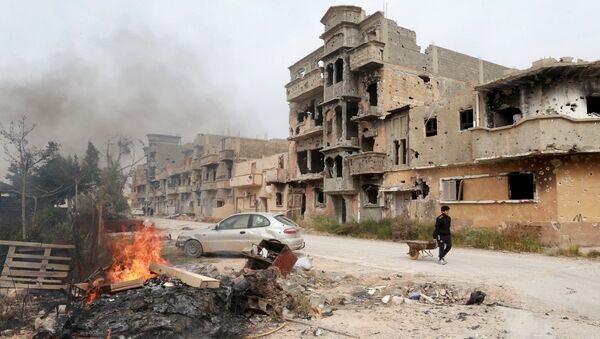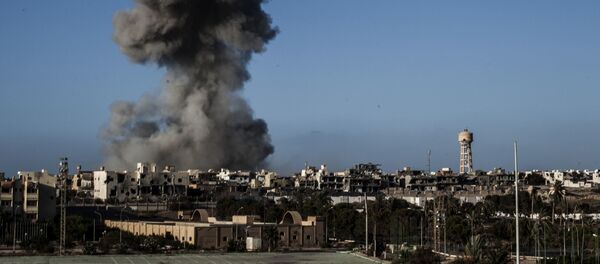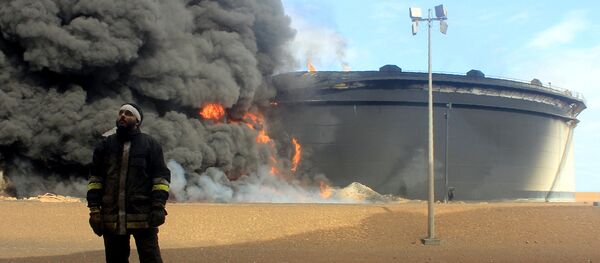Sputnik spoke to Dr. Ilia Xypolia, from the Department of Politics & International Relations, University of Aberdeen, to find out what needs to be done to get Libya’s oil-based economy back on its feet.
Sputnik: What really needs to be done to stabilise the oil production in Libya, considering that it’s a critical lifeline for the Libyan economy?
As you said, it was last week that the forces affiliated with Ibrahim Jadran claimed that they gained control of the main ports in the Libyan oil crescent but Haftar forces managed to recapture the control. The issue with these areas is that it is very very difficult actually for any of the opposing factions to actually have a sustainable strong hold of this area.
It is, if you see, the geography of the area, the close proximity to the sea and the desert and the pipelines, it is very very difficult for establishing a strong military force over there. To answer your question, I think the only hope for stability in this area for the oil industry, will be the establishment of a strong united government who can work together to protect the area.
Sputnik: Do you see the French-backed initiative that we saw hashed out in Paris a few weeks ago as coming to fruition? Is there a chance of reconciliation between the two sides?
There is not too much room for hope that this will bring the conflict to an end but working together with the UN initiatives the only thing we can realistically hope is that to have elections by the end of the year.
Elections that can be held to set standard of fairness and a free election, which could be a very positive step for the political situation in the country.
The views expressed in this article are those of Dr. Ilia Xypolia and do not necessarily reflect those of Sputnik.





